Semuliki National Park sprawls across the floor of the Semliki Valley on the remote, western side of the Rwenzori. The park is dominated by the easternmost extension of the great Ituri Forest of the Congo Basin. This is one of Africa’s most ancient and bio-diverse forests; one of the few to survive the last ice age, 12-18,000 years ago.
The Semliki Valley contains numerous features associated with central rather than eastern Africa. Thatched huts are shaded by West African oil palms; the Semliki River (which forms the international boundary) is a miniature version of the Congo River, the forest is home to numerous Central African wildlife species, and the local population includes a Batwa pygmy community that originated from the Ituri. As a result, this park provides a taste of Central Africa without having to leave Uganda.
While Semuliki’s species have been accumulating for over 25,000 years, the park contains evidence of even older processes. Hot springs bubble up from the depths to demonstrate the powerful subterranean forces that have been shaping the rift valley during the last 14 million years.
Cultural Encounters in Semuliki
The Batwa’s hunter-gatherer lifestyle means they have always been dependent on Semuliki forest for food, shelter, medicine and tools, though this is beginning to change as a result of interaction with other local communities.
Tourism offers an alternative source of income for the Batwa, and gives them the opportunity to maintain and display their rich cultural history through music and dance performances at Ntandi. They also produce intricate handcrafts for sale.
A boma, or cultural village, is currently being built so that the Batwa can demonstrate how they used to live in the forest – check back for more details.
Birds
Birdlife is especially spectacular in Semuliki with 441 recorded species, representing 40% of Uganda’s total bird species and 66% (216) of the country’s forest bird species. The list is expanded by the riverine habitat and a fringe of grassland in the east of the park. There are numerous rarities; 46 Guinea-Congo biome species are found nowhere else in East Africa while another 35 can be seen in only two or three other places in Uganda. Five species are endemic to the Albertine Rift ecosystem. Species to look out for here include the Nkulengu Rail, Yellow-throated Cuckoo, Piping Hornbill, Red-billed Dwarf Hornbill, Black Dwarf Hornbill, White-crested Hornbill, Black-casqued Wattled Horbill, Red-rumped Tinkerbird, African Piculet, White-throated Blue Swallow, Yellow-throated Nicator, Leaf-love, Swamp Palm Bulbul, Lemon-bellied Crombec, Maxwell’s Black Weaver, Crested Malimbe, Red-bellied Malimbe, Blue-billed malimbe, Chestnut-breasted Negrofinch, Orange-cheeked Waxbill.
Wildlife
The forest is home to 53 mammals of which 27 are large mammals. 11 species are endemic to the park including the pygmy antelope and two flying squirrel species. It is also home to the peculiar water chevrotain, known as the “fanged deer”.
The park is home to forest elephant and buffalo which are smaller versions of their savannah-dwelling relatives. The forest is remarkably rich in primates including the chimpanzee, baboon,grey-cheeked mangabey, black-and-white colobus, Central African red colobus, blue, red-tailed, de Brazza’s, vervet, and Dent’s mona monkeys. Nocturnal primates include the potto and bushbaby. Hippos and crocodiles are common along the Semliki River.
Hot Springs in Semuliki
The hour-long trail to the outer, “male” spring leads through a patch of forest where red-tailed monkeys, grey-cheeked mangabeys and black-and-white colobus monkeys are common. A tree house en route provides an aerial view.
A 30-minute hike through palm forest from the main road leads to the inner, “female” spring, dominated by a boiling geyser. Eggs and matooke (green plantain) can be cooked in these boiling waters and enjoyed by hungry hikers!

